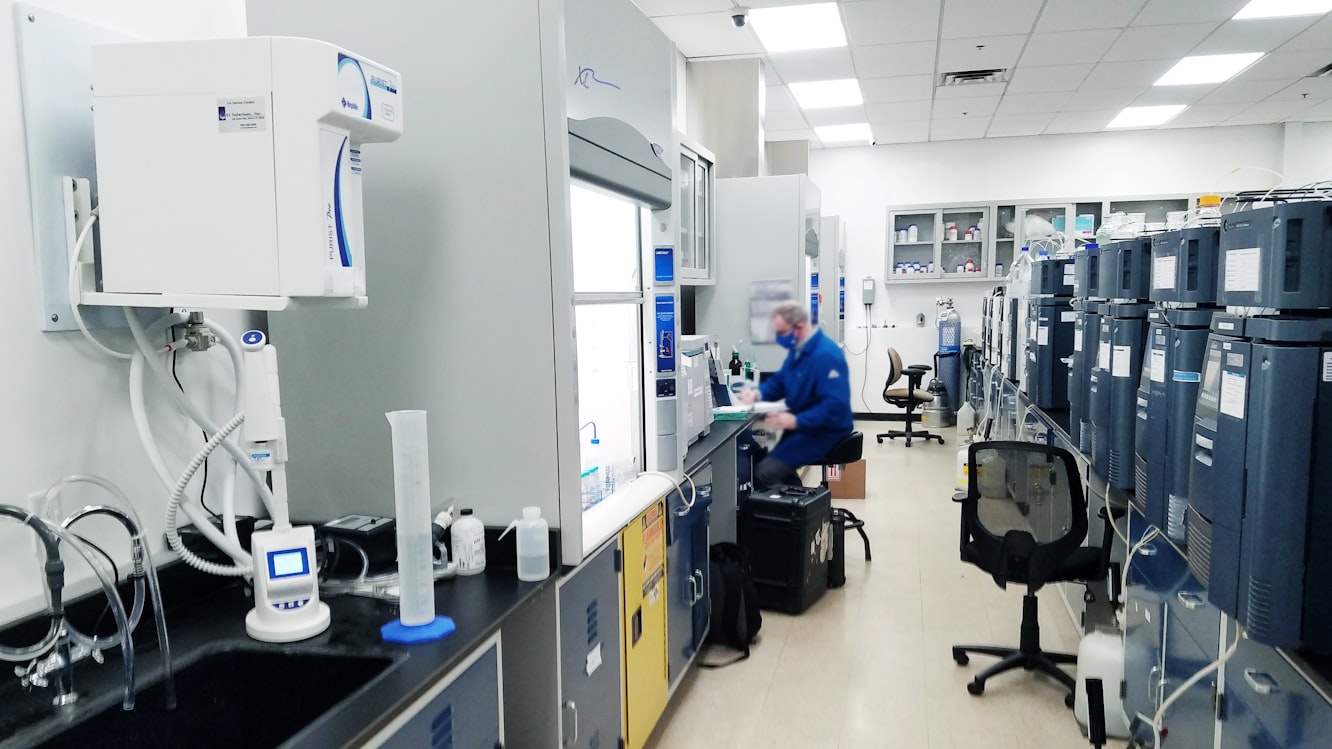Interactive Response Technology (IRT) is a crucial component of modern clinical trials, serving as the core software system responsible for patient randomization and study supply chain management. Despite its long-standing usage and refined functionality since the mid-1990s, overlooking its significance or treating it as an afterthought could have serious consequences.
An erroneous randomization or drug assignment could invalidate the entire trial, and mismanagement of drug supply to trial sites may result in inventory issues. Moreover, if the IRT system underperforms, it could lead to regulatory rejection of the post-trial study report. Ensuring the efficiency and accuracy of IRT is essential for successful clinical trials.
Let’s look at how clinical randomization technology is set to evolve in the coming years.
The Evolving Landscape of RTSM in Clinical Trials
As clinical trials embrace new methodologies and designs, the role of clinical randomization technology becomes increasingly critical. Looking ahead, RTSMs must evolve to accommodate decentralized trials, cell and gene therapies, digital supply chains, and more complex adaptive designs, particularly in oncology trials.
To overcome these emerging challenges, there is a growing trend towards incorporating self-service components, simplifying the administrative burden of adjusting study parameters and providing enhanced flexibility at the patient level. Patient advocacy for personalized care drives the need for adaptable systems, while functionality to support the protocol designs of future trials is also a key focus.
The future of RTSM holds exciting possibilities, enabling the seamless execution of cutting-edge clinical trial designs and empowering researchers to advance medical innovation.
Innovative Use of RTSM in Phase I Oncology Studies
Traditionally, Phase I trials relied on healthy volunteers and had limited reliance on Randomization and Trial Supply Management (RTSM) systems. However, in Phase Ib oncology studies involving patients, RTSMs are increasingly employed to facilitate adaptive designs.
These designs allow sponsors to explore various avenues of research, including different dose levels, dosing frequencies, and combination therapies. The complexity of these trial designs and additional data and requirements indicates a shift towards utilizing RTSM in subsequent phases.
Addressing Emerging Trends in Clinical Trials
As the clinical trial landscape evolves, several trends require sophisticated RTSM support. The rise of decentralized trials, increased cell and gene therapies, and the growth of personalized medicine necessitate RTSMs capable of handling intricate logistical requirements, complex supply chains, and efficient resource planning and allocation.
Randomization and drug supply management (RTMS) are pivotal in conducting robust, efficient, and accelerated trials. Together with Electronic Data Capture (EDC) systems, they have revolutionized medical research and trial processes. While often hidden, RTMS is the backbone of trial efficacy, working behind the scenes to ensure streamlined processes and optimal workflow efficiency.
Discover Seamless Clinical Trials with ClinicalPURSUIT
If you’re seeking top-notch clinical trial data management solutions, RTMS, patient registry systems, EDC, or cutting-edge medical technologies, explore ClinicalPURSUIT’s comprehensive offerings. As a trusted leader in the industry, we provide quality CTMS solutions that streamline processes and foster collaboration in clinical trials.
Visit our website for details, or schedule a free demo now!








